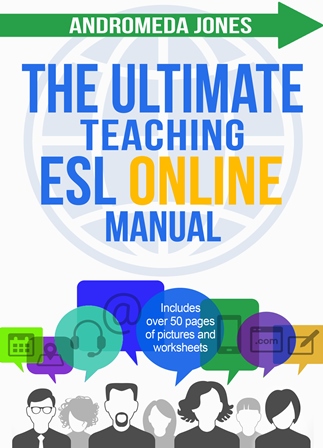It’s 5.45am and my morning alarm rings. Living in Scotland and this being November, I awake to a pitch-black sky and almost freezing temperatures. I groan, not quite silently, (unfortunately for my husband) and force myself out of bed. Today I am an ESL exam invigilator and my shift starts in just over an hour.
The monthly exam I invigilate is the Occupational English Test (OET); an English as a second language (ESL) exam for health professionals who wish to work in an English-speaking country. The OET, like other ESL exams and is divided into four assessments with the listening, reading and writing exam conducted in the morning and the speaking exam conducted in the afternoon.
I arrive 7am and login to the app; my shift has officially begun. We have just 18 candidates today (numbers each month range from between 15 to 40) and so our team consists of four invigilators. First job is to set up the exam environment. The venue is a language school and so to protect the integrity of the exam, we must cover any writing on posters and projects decorating the walls. Next, we put up the signs for the registration and the exam rooms as well as information on the bathroom breaks food and so on
At 8am it’s time to let in the candidates. From this point everything goes at hyper-speed as we check in belongings, check IDs and give instructions. At 8.45 we escort candidates to the exam room, give more instructions (there’s a long script to read) before finally, just after 9am, the exam begins. Because of the brutality of such an early start and the fact that everything happens so fast at the beginning of the shift, before I know it four hours have passed and it’s 11am. Time for the tea break, which we do in shifts, while the exam continues.
At noon the written exam finishes and we set up for the speaking test. This is the tougher part of the day. My job is now an interlocutor which means I must take the partner role on roleplay card, pretending to be a patient or a relative of said patient, while the OET candidate demonstrates their oral ability. There are two roleplays to get through each lasting five minutes, plus a three-minute preparation beforehand. Each speaking test takes around 22-24 minutes and as an interlocutor you are paid per speaking test. You can do a maximum of nine in one session, although so far, I have never done more than seven.
Though interlocutory is not difficult, there is a lot to remember. I must record the session as soon as the candidate enters the room and there is a script to adhere to, IDs to check, roleplays to time and numbers to note down. The roleplays I find quite fun (strangely), though as an interlocutor I must be careful to keep my expression neutral, doing enough to keep the interaction going, but with no overt encouragement (broad grins and thumbs up are definitely out). I must stay focused as issues crop up such as missing out a line in the opening script or a candidate mixing up the role plays.
At the end of the shift, I hand in the recordings and paperwork and that’s it – by mid-to-late afternoon, I’m done.
Do you recommend this job?
I would. Despite the early start, the work is easy and it is satisfying to guide candidates through the exam process. Candidates come from diverse backgrounds and during the mandatory warmup before the speaking exam, you hear interesting stories as to why they have chosen their professions. My colleagues are down to earth and, for someone who works from home, it’s good to get out of the house now and again.
What about the pay?
Remuneration is a little better than average for an invigilator at £12.83 an hour ($16.50 USD). For the speaking exam, Interlocutors are paid £7.45 per exam and so about £19.44 an hour ($25 USD).
Where can I find more information?
My employer for this work is International House (UK branch). However, you can find more about employment opportunities for the OET exam in general here.
For more articles like this, subscribe to TEFL Insider on Substack:
Updated monthly, the publications covers new developments in the online TEFL industry (keeping you in the loop of which platforms to work for and which to avoid), as well as teaching tips and funny anecdotes from the thousands of classes I teach every year. All content is 100% free. Join me here.





